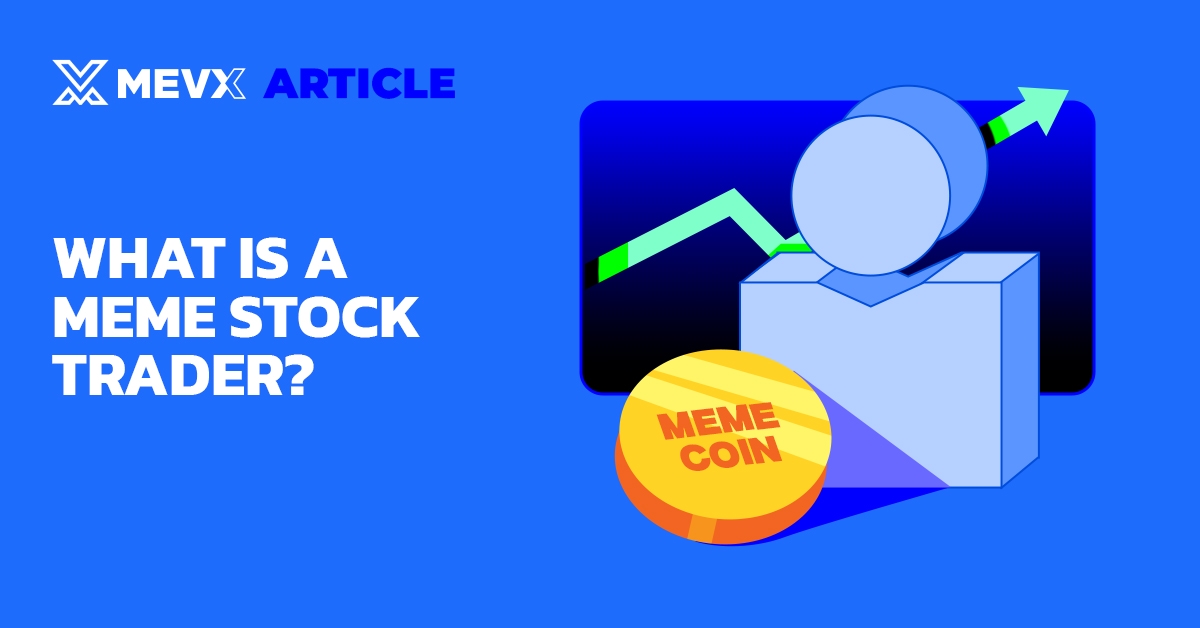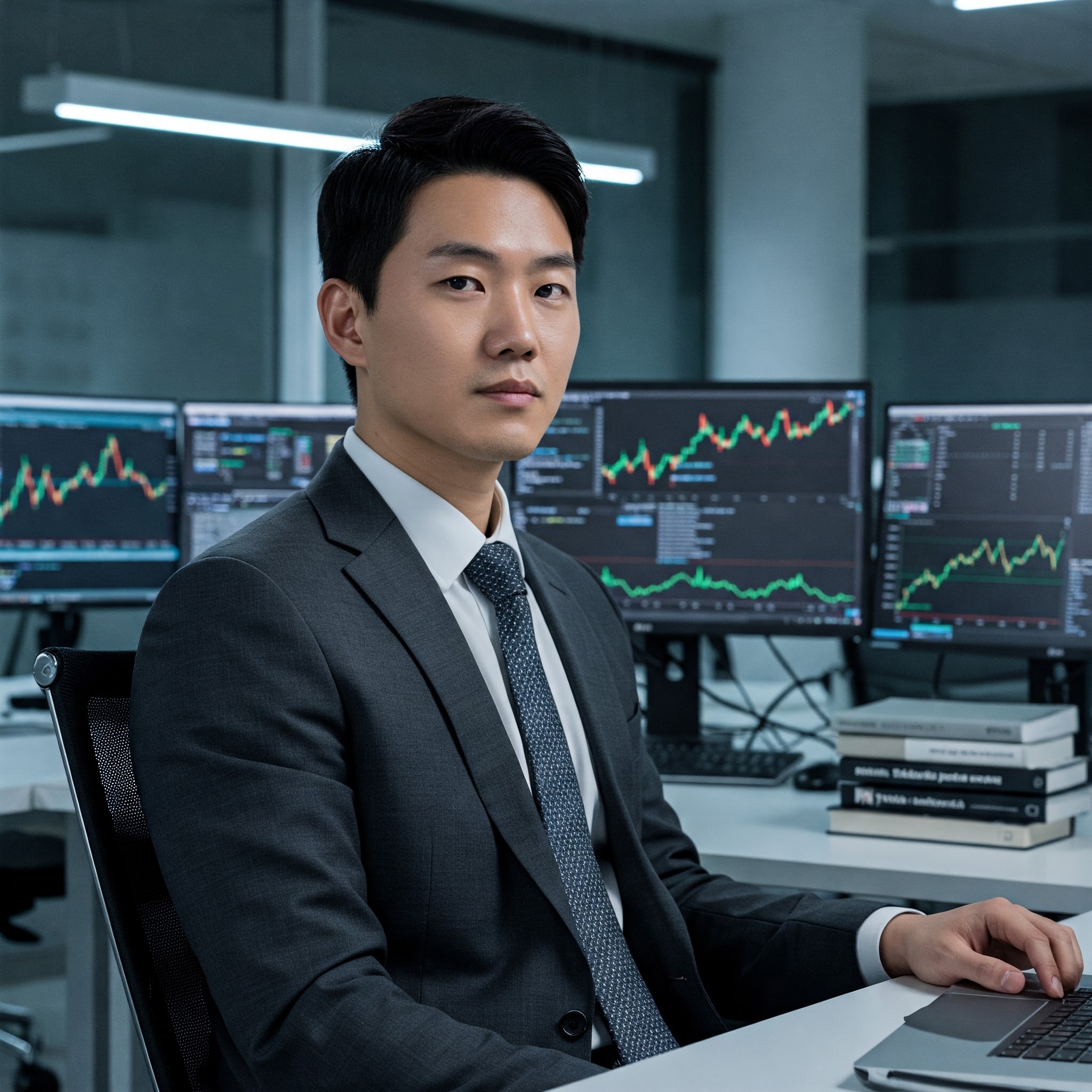What is a Meme Stock Trader? Have you ever heard of GameStop or AMC, the stocks that took the financial world by storm overnight? Behind those wild price surges is a new phenomenon: the meme stock trader. They aren’t Wall Street experts, but ordinary investors who use the power of online communities to challenge financial giants. So, who are they, and how did they do it? Let’s find out.

What is a Meme Stock Trader?
A meme stock trader is a retail (individual) investor who buys and sells shares of a company based on social media trends rather than traditional financial analysis. They are part of a decentralized online community that coordinates buying campaigns, often targeting stocks with a high number of short-sellers. The term “meme stock” comes from the viral, hype-driven nature of these movements, which spread like internet memes. These traders typically operate on platforms like Reddit, X (formerly Twitter), and Discord.
The Psychology of a Meme Stock Trade
The actions of meme stock traders are driven by a unique mix of motives that go beyond simple profit.
- Quick Profit: At its core, the appeal is the potential for rapid, massive gains. The idea of turning a modest investment into a significant sum by riding a viral wave is a powerful incentive.
- Community and Unity: Meme stock traders are a highly communal group. They often see themselves as a united force working together against a common enemy, which in this case is institutional investors and hedge funds betting against their chosen companies. This sense of solidarity is a key psychological driver.
- Rebellion Against the Establishment: A core part of the meme stock phenomenon is a defiant, anti-establishment attitude. Many traders feel that the traditional financial system is rigged in favor of large institutions. By collectively driving up the price of a heavily shorted stock, they aim to “squeeze” these institutional investors, causing them significant losses.
GameStop and AMC: How Memes Caused a Market Uprising
The most famous examples of the meme stock phenomenon are GameStop ($GME) and AMC Theatres ($AMC). In early 2021, communities on Reddit, particularly r/wallstreetbets, began to notice that hedge funds had taken out massive short positions against these struggling companies.
Meme stock traders saw this as an opportunity. They rallied to buy and hold shares, a coordinated effort that created a massive surge in demand. This surge forced short-sellers to buy back shares at a much higher price to cover their positions, a process known as a short squeeze. This action drove the stock prices of both GME and AMC to unprecedented highs, causing billions of dollars in losses for hedge funds and creating a historic moment in financial markets.
The Dangers of Chasing Hype: Risks of Trading Meme Stocks
While the potential rewards are high, trading meme stocks comes with significant risks that can lead to substantial losses.
- Extreme Volatility: Meme stocks are notoriously volatile. Prices can skyrocket one day and plummet the next, making it incredibly difficult to predict market movements.
- Risk of Total Loss: Because the value of meme stocks is based on hype and sentiment rather than company fundamentals, the price can collapse just as quickly as it rose. Latecomers to the trend often end up “holding the bag” as the stock loses all its value.
- Regulatory Scrutiny: Coordinated trading, especially with the intent to manipulate the market, can attract regulatory attention. While individual traders are unlikely to be prosecuted, large-scale, coordinated efforts can be viewed as market manipulation, posing potential legal risks.
The rise of the meme stock trader is a modern phenomenon, reflecting the democratization of finance driven by technology and the power of online communities. It’s a testament to the influence of individual investors and their ability to challenge traditional market forces. However, it is a high-risk game where the line between collective action and market manipulation can be blurred, and the rewards are often outweighed by the possibility of significant losses.
Share on Social Media:
